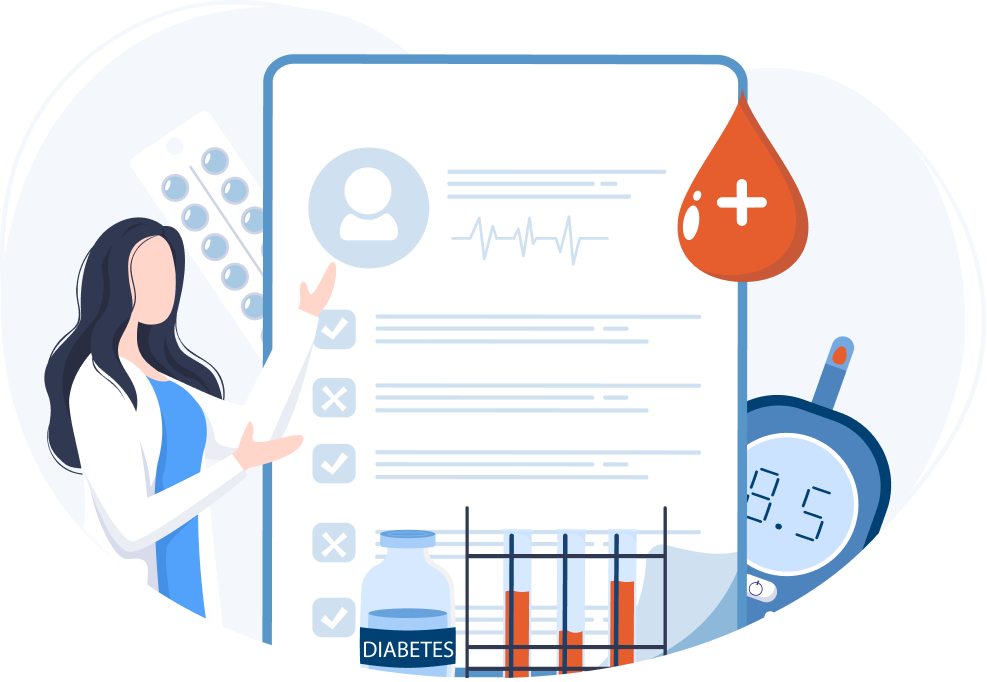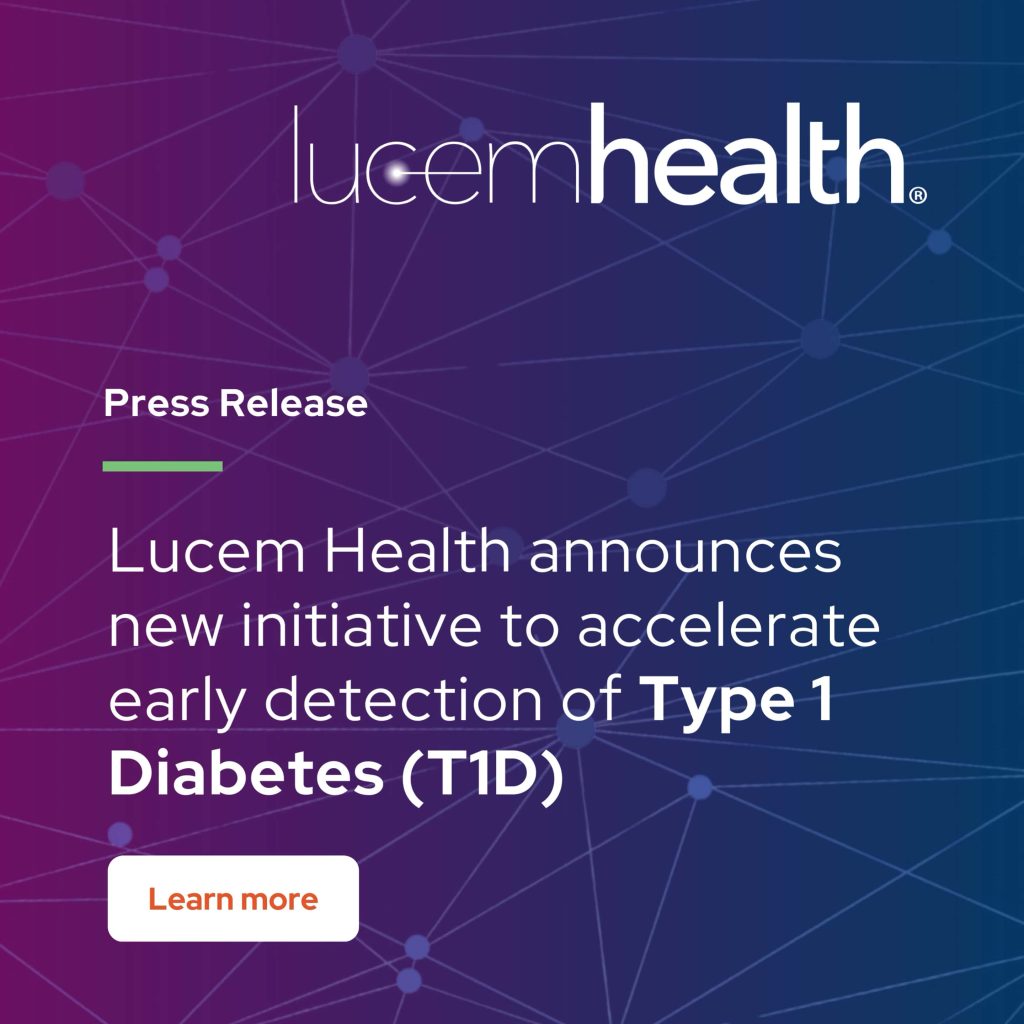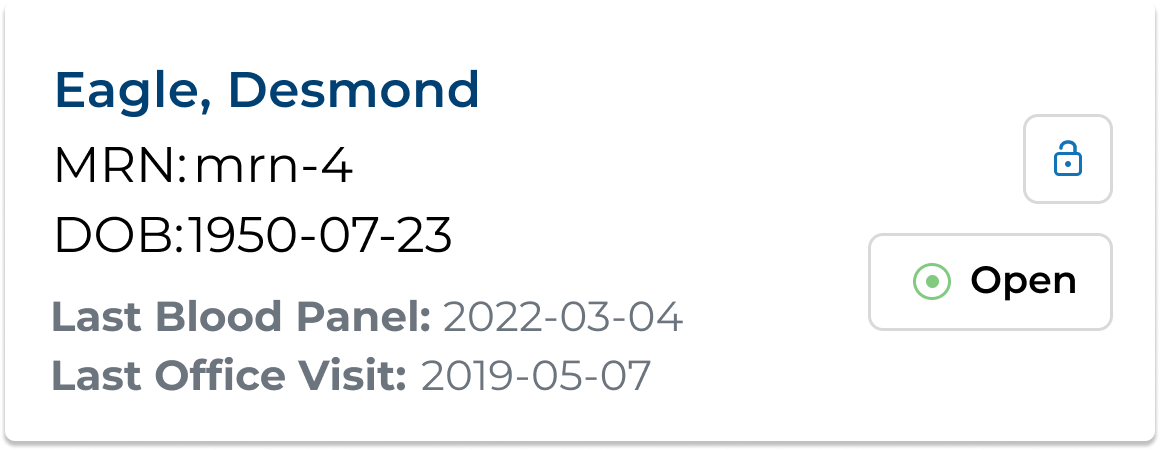

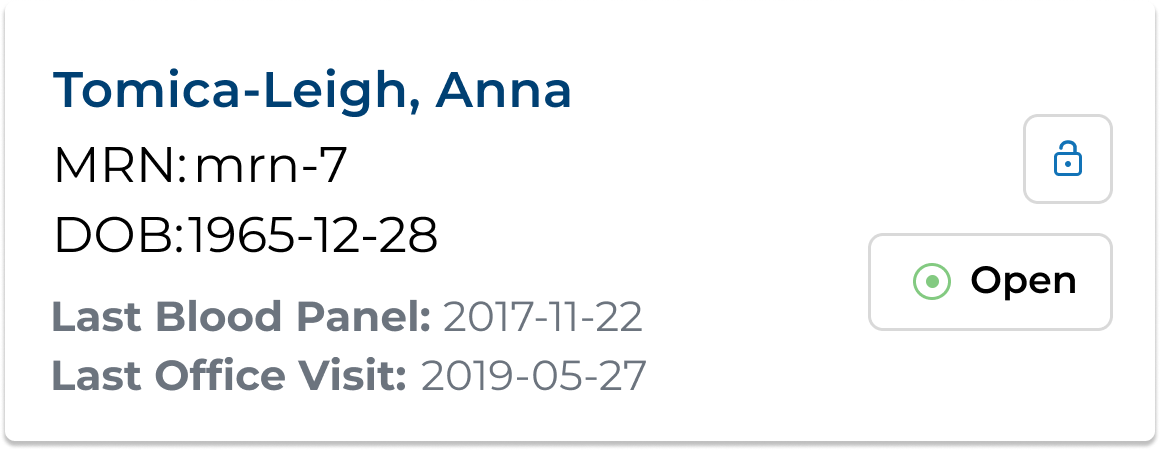
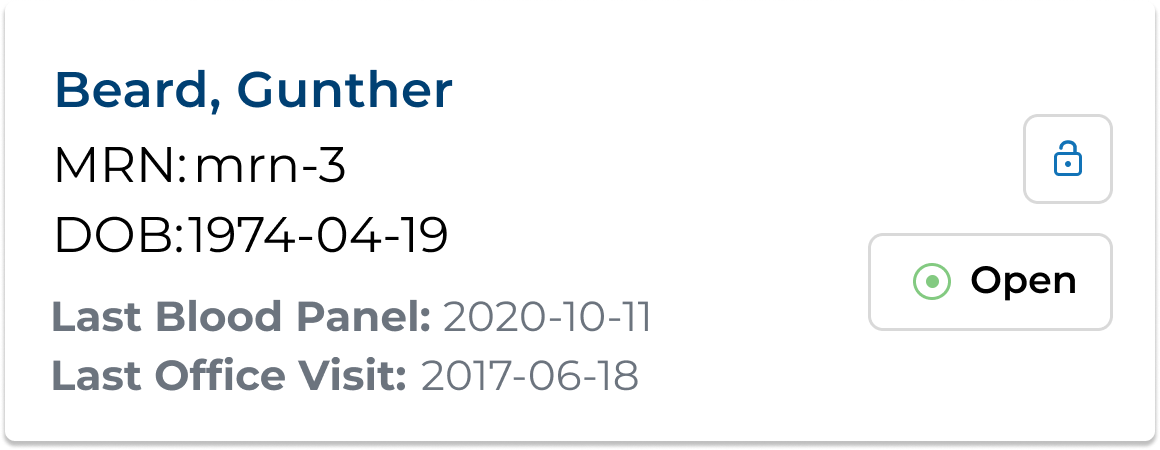
Proactive Care Powered by Precision Identification
85-90% of individuals with Type 1 diabetes are diagnosed at the most advanced stage1, when symptoms are severe and the risk of complications is highest. Current screening recommendations lack specificity for early detection, and most cases are missed until symptoms develop.
Reveal for T1D leverages advanced AI and existing EHR data to efficiently identify patients whose data suggests they would benefit from further testing for presymptomatic, early-stage Type 1 diabetes – enabling earlier diagnosis, and intervention when it matters most.



Proactive Care Powered by Precision Identification
85-90% of individuals with Type 1 diabetes are diagnosed at the most advanced stage1, when symptoms are severe and the risk of complications is highest. Current screening recommendations lack specificity for early detection, and most cases are missed until symptoms develop.
Reveal for T1D leverages advanced AI and existing EHR data to efficiently identify patients whose data suggests they would benefit from further testing for presymptomatic, early-stage Type 1 diabetes – enabling earlier diagnosis, and intervention when it matters most.
47x improved screening efficiency
Smarter Screening, Greater Impact
Reveal for T1D helps top healthcare organizations maximize their current resources and clinical expertise, making early-stage detection routine and scalable.
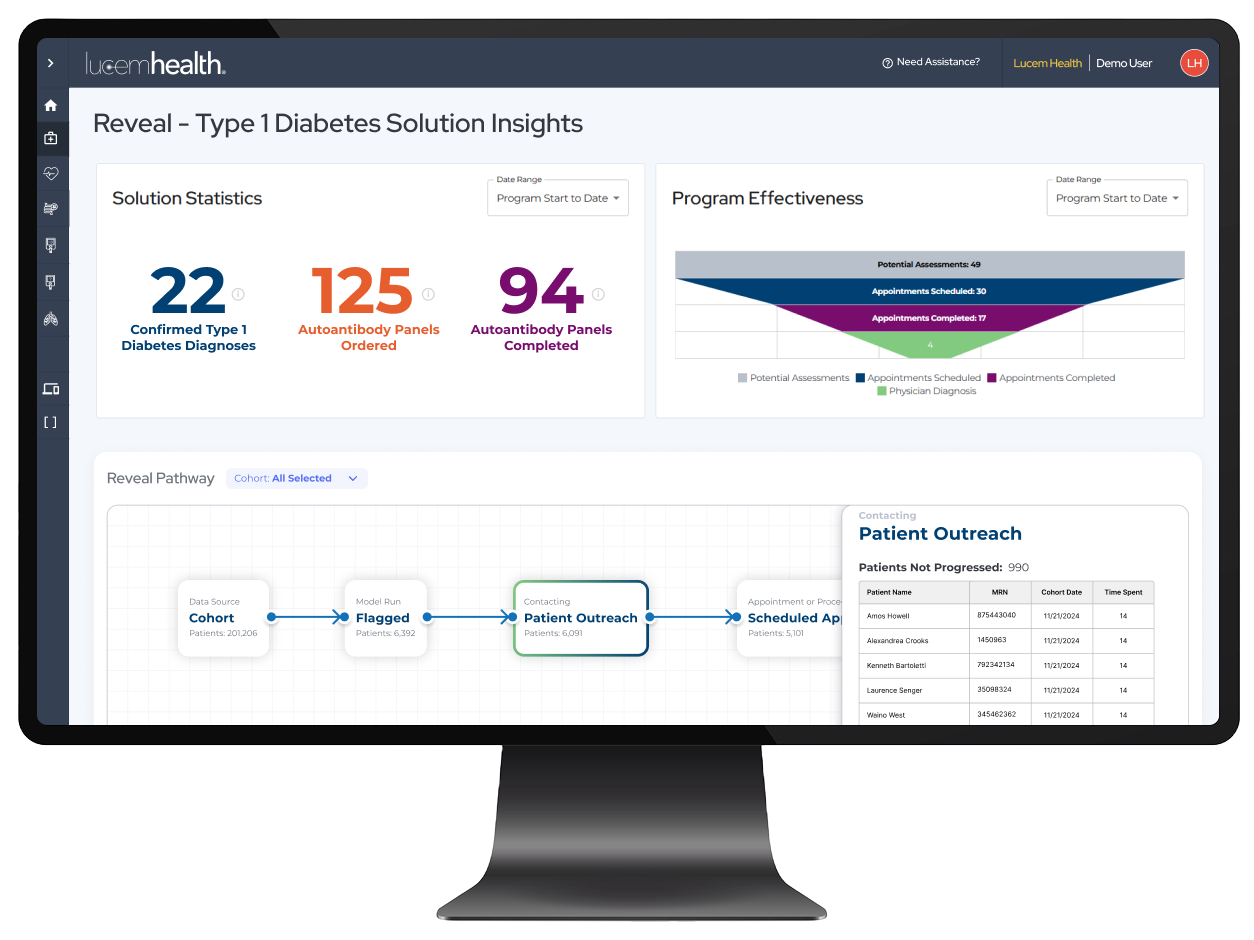
47x improved screening efficiency
Smarter Screening, Greater Impact
Reveal for T1D helps top healthcare organizations maximize their current resources and clinical expertise, making early-stage detection routine and scalable.

